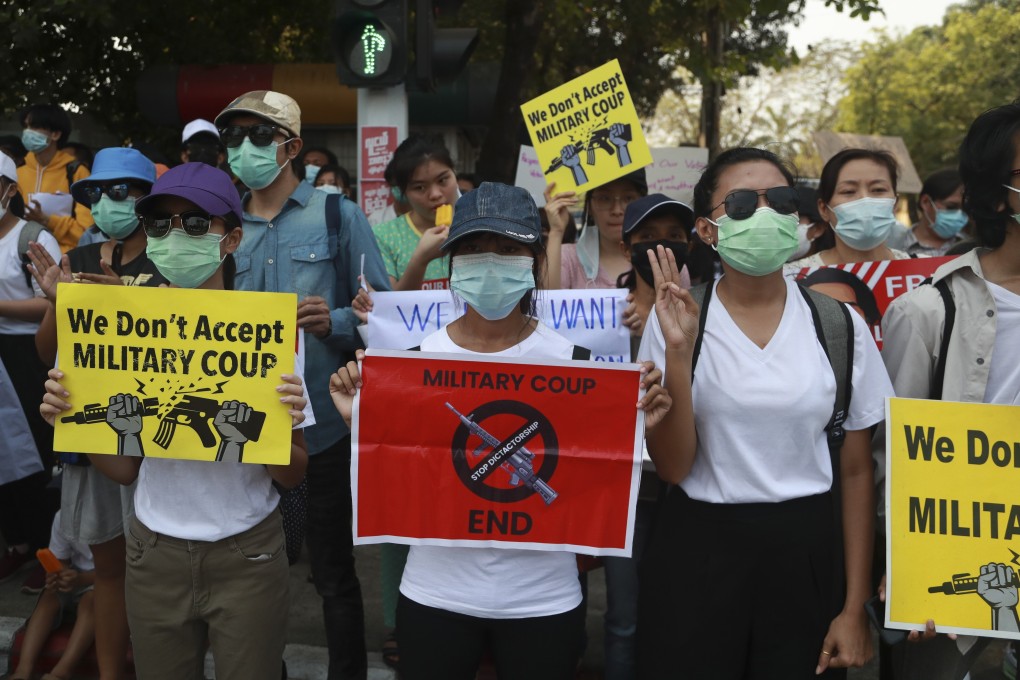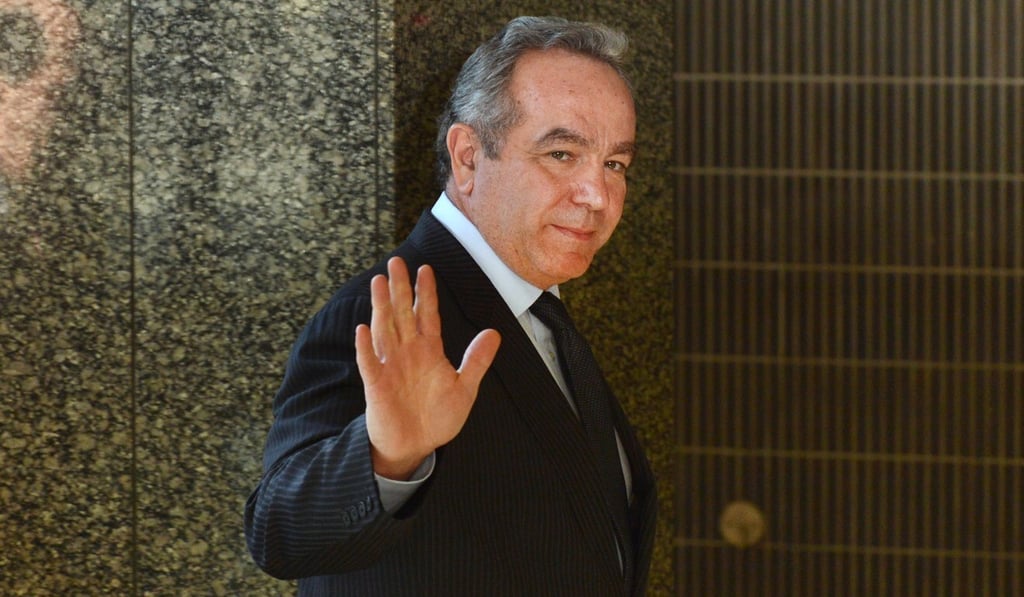Advertisement
Can Indonesia use Myanmar to balance the US and China?
- Jakarta’s efforts to help its Southeast Asian neighbour are partly aimed at keeping it within Asean’s orbit rather than China’s, experts say
- But Indonesia is also hoping to impress its democratic credentials on US President Joe Biden, giving the country leverage in its strategic interests
Reading Time:5 minutes
Why you can trust SCMP
9

Indonesia’s efforts to make the peace in post-coup Myanmar aren’t just about showing Southeast Asian solidarity, they are a way of showcasing Jakarta’s democratic credentials to the new administration in the United States, experts say.
The coup by the Myanmar military against the democratically elected National League for Democracy party led by Aung San Suu Kyi on February 1 is just the latest in a string of issues to have threatened unity in the 10 member Association of Southeast Asian Nations (Asean) bloc.
The bloc has also found itself in the middle of a multi-country power struggle, with China, the US, India and Japan all vying for influence in the region, said Dr Greta Nabbs-Keller, a research fellow for Southeast Asia and the Indo-Pacific at the University of Queensland’s Centre for Policy Futures in Australia.
“By asserting leadership and agency, Jakarta is attempting to keep Naypyidaw firmly in the Asean camp to avoid the country sliding further under Beijing’s influence,” Nabbs-Keller said.
Advertisement
“Indonesia’s desire to settle the dispute within Asean, with reference to democratic principles and good governance enshrined in the Asean Charter, meanwhile, is genuinely expressed but also a way to burnish its democratic credentials with the Biden administration.”
Analysts said that Indonesia understood that US President Joe Biden was putting alliances at the forefront of Washington’s foreign policies and that this stance had been underlined by the return of Kurt Campbell, the architect of former US President Barack Obama’s ‘pivot to Asia’.
Advertisement

Advertisement
Select Voice
Select Speed
1.00x